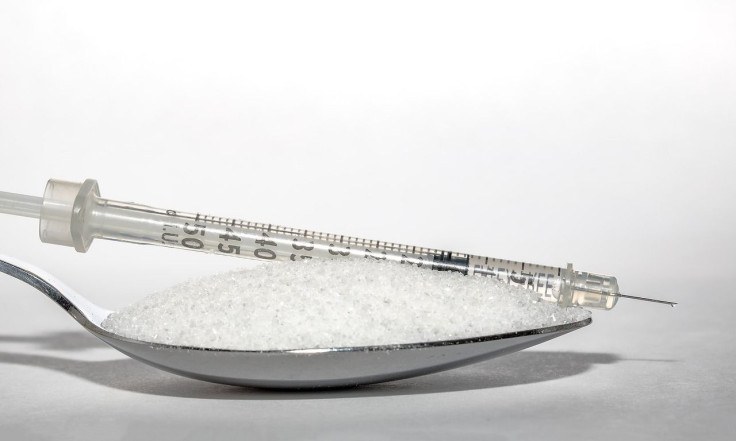Diabetes Remission May Now Be Possible With This Breakthrough Treatment

KEY POINTS
- A breakthrough treatment shows a lot of promise in treating type 2 diabetes
- The treatment can help send the condition into remission
- Early detection plays an important part in the efficacy of this treatment
The new treatment also strengthened the findings of previous studies that type 2 diabetes is triggered when excess fat from the liver spills into the pancreas. The NHS plans to start the program in April of next year. The health agency targets around 5,000 obese patients to be given a liquid diet in the form of a shake or soup daily. If the prgram is successful, the breakthrough diet will become the new method of intervention for the chronic ailment that costs the health agency £14billion annually.
The program’s success will cause type 2 diabetes to be viewed only as a simple condition where the patient simply accumulated more fat than they could handle. This was the view of Professor Roy Taylor of Newcastle University.
Professor Taylor also said this means patients in the future will just have to get rid of fat through diet and persistence to reverse their diabetes. He also said sooner patients do this after their ailment has been diagnosed, the more likely it is that remission will occur.
Studies and Tests
In recent studies carried out by Professors Mike Lean and Roy Taylor of the Institute of Translational and Clinical Research at Newcastle University, type-2 diabetes is triggered by fat spills. These fat spills, which came from the liver, traveled to the nearby pancreas where it wreaked havoc in the efficiency of the organ to produce insulin.
The two professors made this discovery while studying patients who had the disease in the past but were able to lose weight and were successful in reversing their conditions. The study was part of the innovative Diabetes Remission Clinical trial study.
Metabolism and medicine experts performed tests on obese patient-volunteers. At the end of the period, they found about 25% of volunteers who were on a 12-months 800-calorie liquid daily diet lost 33 pounds or more. Almost nine volunteers out of 10 of this group were able to put the chronic ailment into remission. Under normal circumstances, the recommended daily calorie intake is approximately 2,000 calories per day for women and for men it is 2,500.
Diabetes Today
Official statistics put the number of diabetes patients at 4 million and is projected to increase to 5.5 million by 2030. Data also show that one in 10 persons over 40 years of age is now suffering from the chronic condition that can lead to amputations, blindness, kidney failure, and heart disease. Chronically unhealthy lifestyles are also putting another 12.5 million individuals at an increased risk of developing the ailment.
© Copyright IBTimes 2025. All rights reserved.





















